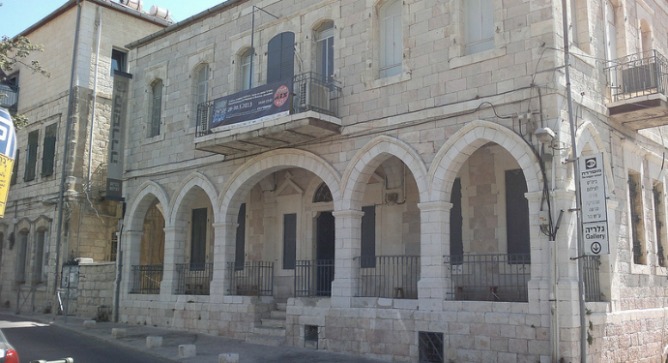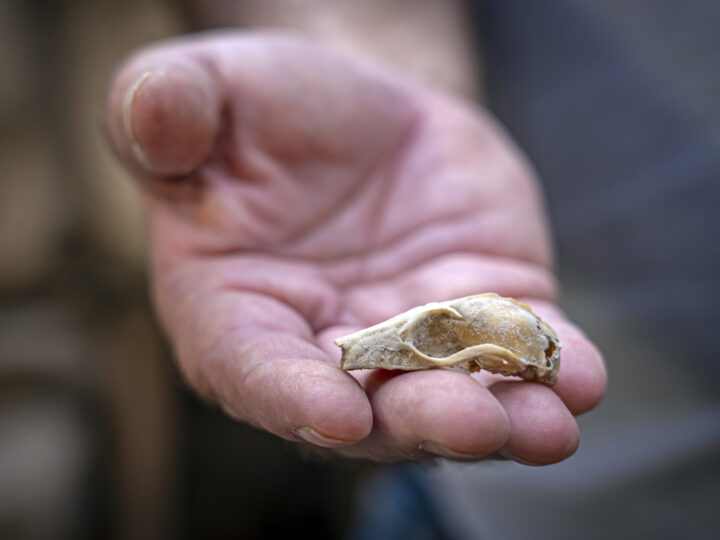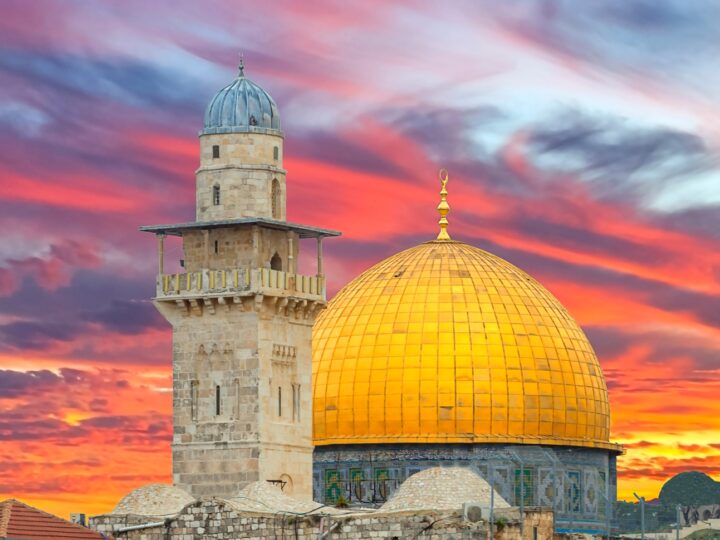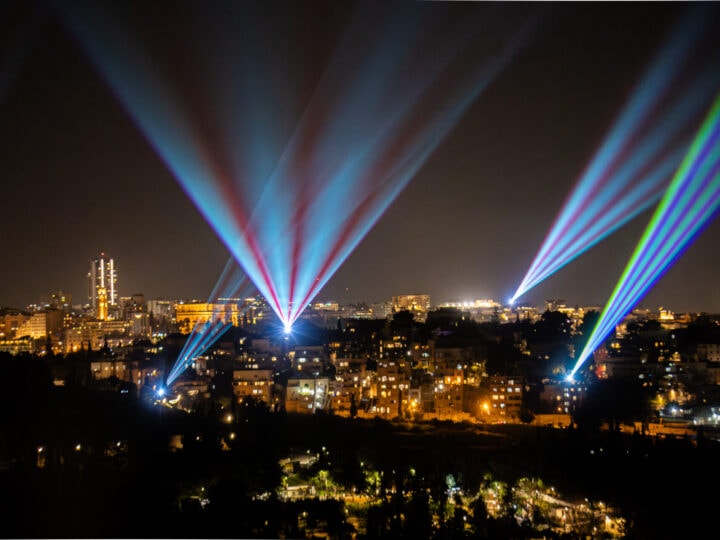Art, music, photography, drama, film and dance students by the thousands flock to Jerusalem’s top-rated academies to earn their wings in their chosen fields – and then, too often, fly off to begin their careers elsewhere.
The Young Artists program is designed to stem that flight. It’s an initiative of New Spirit, a non-profit organization working to make Jerusalem an attractive alternative for post-college singles and young families.
Spread the Word
• Email this article to friends or colleagues
• Share this article on Facebook or Twitter
• Write about and link to this article on your blog
• Local relevancy? Send this article to your local press
“I believe one of the major challenges for Jerusalem is to empower and encourage the young talent here,” says New Spirit CEO Elisheva Mazia. “Culture brings people to the city.”
For creators, it’s about helping them earn a living in the capital city. For consumers, it’s about weaving arts into the fabric of Jerusalem’s more affordable neighborhoods in order to better lure post-grads to put down roots here.
In Gonenim (Katamonim), for example, New Spirit found an old bomb shelter to turn into Pandora Studio for young alumni of Jerusalem’s School of Visual Theatre. This neighborhood of less advantaged immigrant populations is getting gentrified due to soaring prices in the surrounding areas, but it needed a boost.
“With the help of New Spirit [and the UJA Federation of New York], we got a place here in Gonenim in a barter arrangement,” puppeteer Inbal Dekel explains to ISRAEL21c during a summer tour of Young Artists projects.
“In exchange for the studio space, three times a year we do something for the neighborhood … [such as] puppetry and juggling workshops. This way, little by little, we form a relationship with the neighborhood.”
Inside the studio, we watched a rehearsal of a shadow theater show for adults, which was performed at Jerusalem’s International Puppet Festival in August.
“Different groups help the more disadvantaged residents of Jerusalem, but not a lot of groups are doing something to encourage young families to stay and create communities here,” Dekel says.
Toolbox
“Artists cannot be involved in the community if they don’t have an income,” Mazia points out, “so we provide mentors and financial help in getting established. We introduce them to directors of institutions and festivals — and to each other.”
Emmanuel Witzthum, former artistic director of The Lab theater in Jerusalem, is one of five mentors involved in Toolbox, a New Spirit project to give 15 select Jerusalem art school graduates expertise in managing their careers.
“Students go to an academy but they don’t learn entrepreneurship and business skills,” he says. “Toolbox gives them these tools and at the same time encourages them to stay in the city.”
PICO hosts a Toolbox entrepreneurship course for graphic designers. “We believe graduates of schools like Bezalel [Academy of Arts and Design in Jerusalem], probably among the best in the world, don’t have to move to the center of the country because we can create an ecosystem for them to stay in Jerusalem,” says Hassan.
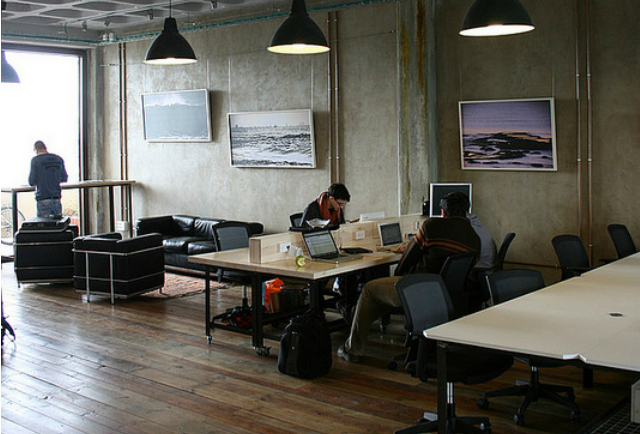
- PICO provides space for new entrepreneurs and for young artists.
Over the next three years, says Witzhum, Toolbox mentors will help these artists “find their own voice and create some sort of production, and then in the third year connect them with the public sphere.”
Witzthum notes that over the past five years, the city has premiered a passel of new public events, including the Jerusalem Light Festival, the Jerusalem Season of Culture, Festival of Sacred Music, Opera Festival, Jerusalem Ice Festival and Knights in the Old City, in addition to the venerable Israel Festival, the country’s biggest performing arts festival.
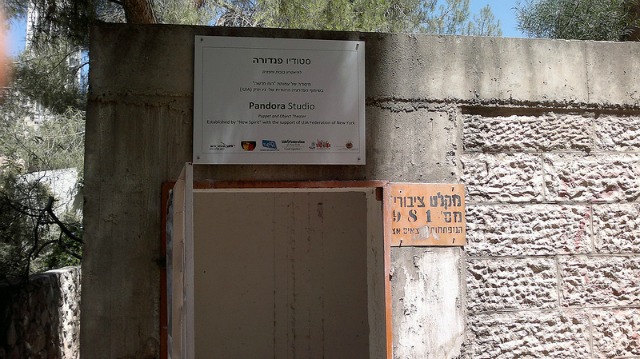
- Pandora Studio for visual theater artists is a converted bomb shelter.
This year, the first Jerusalem Biennale for Contemporary Jewish Art is scheduled for September 16 through October 31.
Witzthum also mentions grassroots efforts such as Empty House, where a consortium of local artists uses abandoned buildings for cultural events; and the new artistic hub at the Hansen Compound, a former leper hospital.
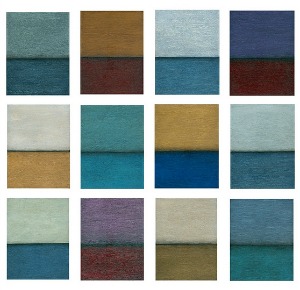
- Tobi Kahn’s “URAH IV” will be displayed at Jerusalem’s first Biennale for Contemporary Jewish Art.
“Jerusalem can be used as a source for inspiration to create artistic works that rethink pluralism and multiculturalism,” says Witzthum, who is involved in Project Expansion, bringing artists from cities such as Krakow and Madrid to experience Jerusalem with microphones and video cameras in hand.
Mixing it up in Musrara and Talpiot
Musrara (Morasha) is an old neighborhood straddling the border with East Jerusalem, inhabited by people of varying religious and economic levels. In their midst are the Naggar School of Photography, New Media, New Music, Visual Communication and Photo-Therapy and the Jerusalem Print Workshop.
One way to introduce the residents and art students is the annual MusraraMix Festival, staged in Musrara’s streets and backyards.
“The art goes out from the school, and the people of the neighborhood host us for videos and shows — everything outside. Thousands of people come for one of the nicest art events in Jerusalem, three days and three nights, for free,” says Avi Dabach, a Jerusalem filmmaker who directs Naggar’s Musrara Collection, a project to visually document the neighborhood’s historic family stories.
“MusraraMix is for people who wouldn’t go to galleries or museums. It helps them see the neighborhood in a different way,” says Dabach.
Another attempt to bring arts to the people is a unique shared workspace in the industrial neighborhood of Talpiot. PICO, which stands for People-Ideas-Community-Opportunities, opened in January 2013 to strengthen the link between creativity and entrepreneurship in Jerusalem.
In addition to hosting and mentoring startups, PICO founders Elie Wurtman and Isaac Hassan wanted to provide exhibition space for young artists. So they combined the two in a converted warehouse.
“We are passionate about Jerusalem and wanted everything grounded here,” says Hassan.
On display at PICO through September 30, 2013, are the African fabric collages, vibrant paintings and hanging sculptures of Tanya Fredman.




